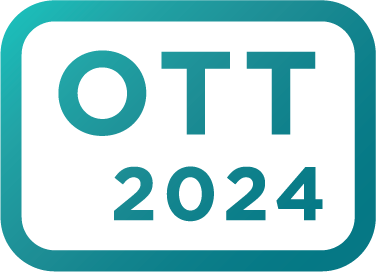On August 21, experts from Meta and the Kellogg School of Management at Northwestern University shared practical steps to achieve better measurement in an era of evolving data availability. Attendees walked away with new practical approaches for understanding marketing impact – whether they have access to robust experimentation.
Member Only Access
Are social media platforms compensating musical artists enough for their IP? Although music companies claim social platforms cannibalize sales, the platforms say they give artists much needed exposure. Who is correct? The study examines the impact of TikTok on music consumption and revenue. It highlights what TikTok pays studios and discusses the concerns from Universal Music Group (UMG) regarding inadequate compensation for its artists.
Additionally, it mentions that videos on TikTok function as promotional materials or trailers for full-length productions. The study uses a difference-in-difference model to analyze the data. It concludes that music labels can sharpen their licensing agreements based on the findings.
Member Only Access
Before the resurgence in interest in AI, virtual reality was the technology everyone was excited about. Despite the hype, advertisers have been slow to adopt VR environments. Why is this? This study, which was recently made available early online on the Journal of Advertising Research’s website, explores the potential and challenges of VR environments for advertising in its current state.
Widespread adoption has stalled, the study finds, due to obstacles such as limited reach, anticipated lack of ROI, lack of technical expertise and poor interoperability. However, the metaverse offers unique opportunities for advertisers, leaving a sort of resonating impact that other media cannot convey, because they do not engage the user in as immersive an experience as VR offers.
Member Only Access





















